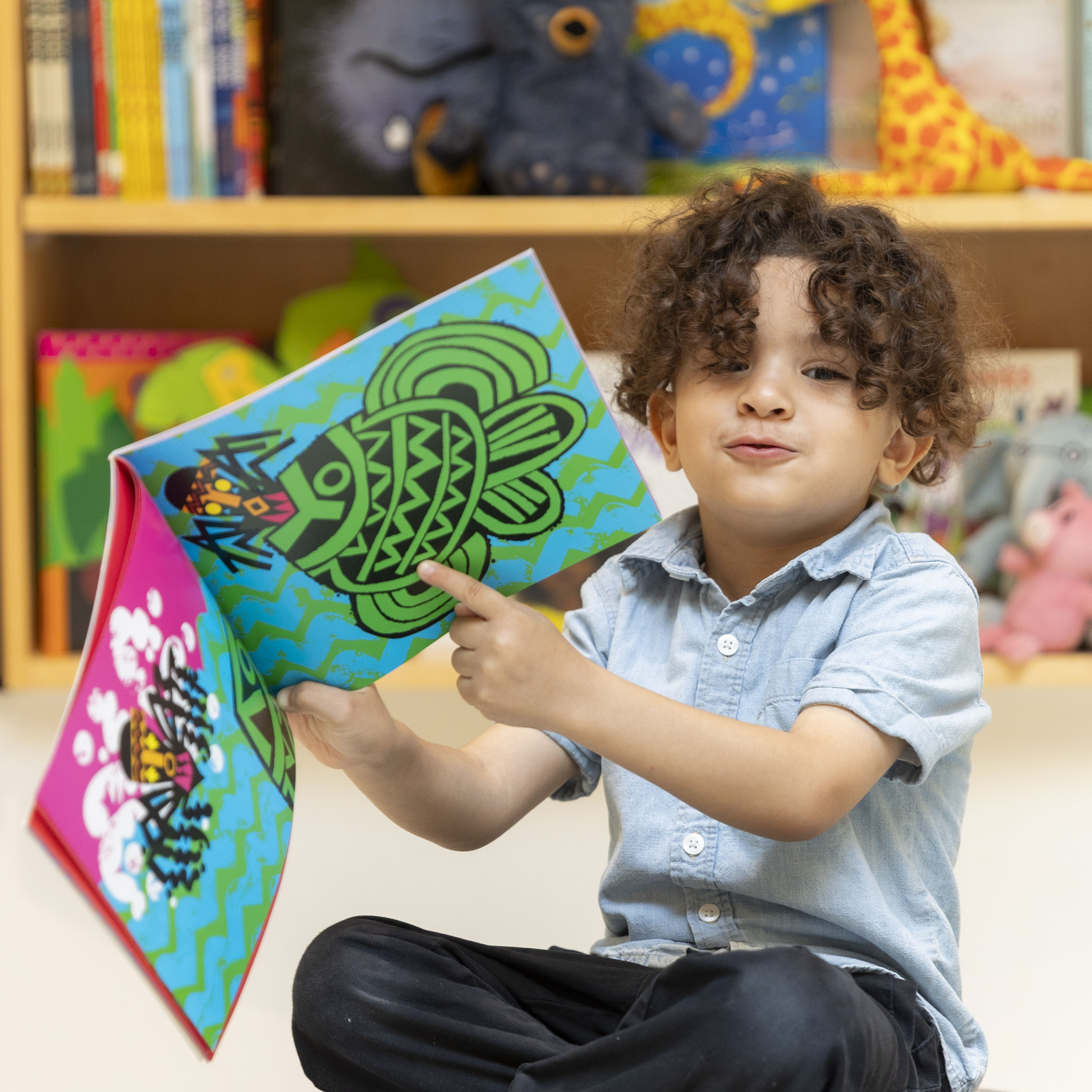 Many of you may be familiar with what’s widely known as the “marshmallow experiment.” In the late 60s, Stanford University Researchers set out to test the willpower of 4-year-olds by leaving a marshmallow on a table for a child and instructing them that if they wait until the teacher returns, they would get 2 marshmallows, or they could ring the bell and eat one marshmallow before the teacher comes back.
Many of you may be familiar with what’s widely known as the “marshmallow experiment.” In the late 60s, Stanford University Researchers set out to test the willpower of 4-year-olds by leaving a marshmallow on a table for a child and instructing them that if they wait until the teacher returns, they would get 2 marshmallows, or they could ring the bell and eat one marshmallow before the teacher comes back.
Researchers then tracked and followed the same students to see the correlations between the child’s marshmallow “wait times” and their academic success. What they found was children who waited scored, on average, 210 points higher than the children who rang the bell after 30 seconds.
Even at 4 years-old, cognitive skills are not enough. In a national survey, 46% of kindergarten teachers said that at least half of their kids couldn’t follow simple directions[i]. The biggest problem isn’t kids who don’t know their ABC’s & 123’s; it’s the “soft skills.” Paul Tough, in his book, How Children Succeed: Grit, Curiosity, and the Hidden Power of Character talks about the importance of developing “non-cognitive skills”—grit, optimism, curiosity, zest, social skills, and self-control—that are highly predictive to success in school, life, and the work place.
What can we as parents do?
- Let your child fail so they can manage failure and learn from their mistakes. If they forget their homework, let them take the consequences and resist the urge to “save the day.”
- Let your child experience disappointment and frustration. We all experience it, whether we are learning to ride a bike, practicing a sport, or writing an essay.
- Listen to your child and encourage them to talk through the learning process. This develops perseverance, grit, patience, and discipline. It takes time and practice to build the tower of blocks or win a game of chess.
- Children learn through play and doing activities with others. This is when they learn how to work as a team, negotiate, and resolve problems—let children explore and play in nature, build with Legos and blocks, work with Play-Doh and paint. Give them a blank piece of paper and encourage them to draw their own picture.
Looking for reinforcements? E3 has two great resources to help you out:
- What Parents Need to Know… is a step-by-step guide to arm you with tools and ideas to make sure you’re giving your child a happy, healthy, and successful start in their first five years. We’ve got everything from tips for parents of newborns, to kindergarten transition.
- The Faithful Beginnings School Readiness Guide combines basic faith values, family activities and kindergarten readiness milestones to help your child get ready for kindergarten. For parents looking to help their children succeed—at home, in school, and in life, this guide can be an effective tool.
Remember, you are your child’s first and most important teacher! The experiences you share together are the building blocks to their future success.
This post was inspired by a sermon from Pastor Jim Wood at First Presbyterian Church in Norfolk. To watch his full sermon, click here and scroll to the 5:30 minute mark.

